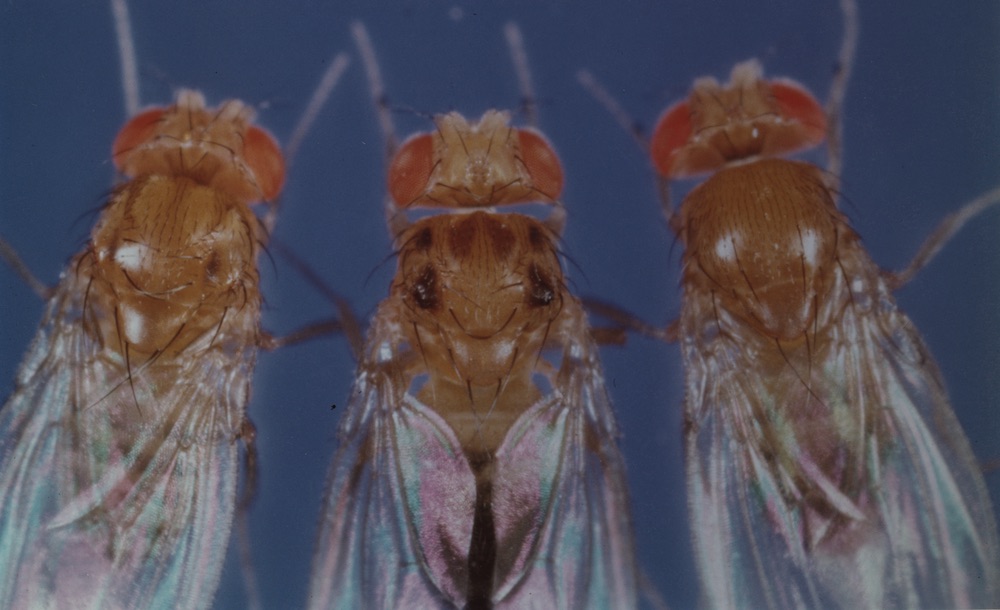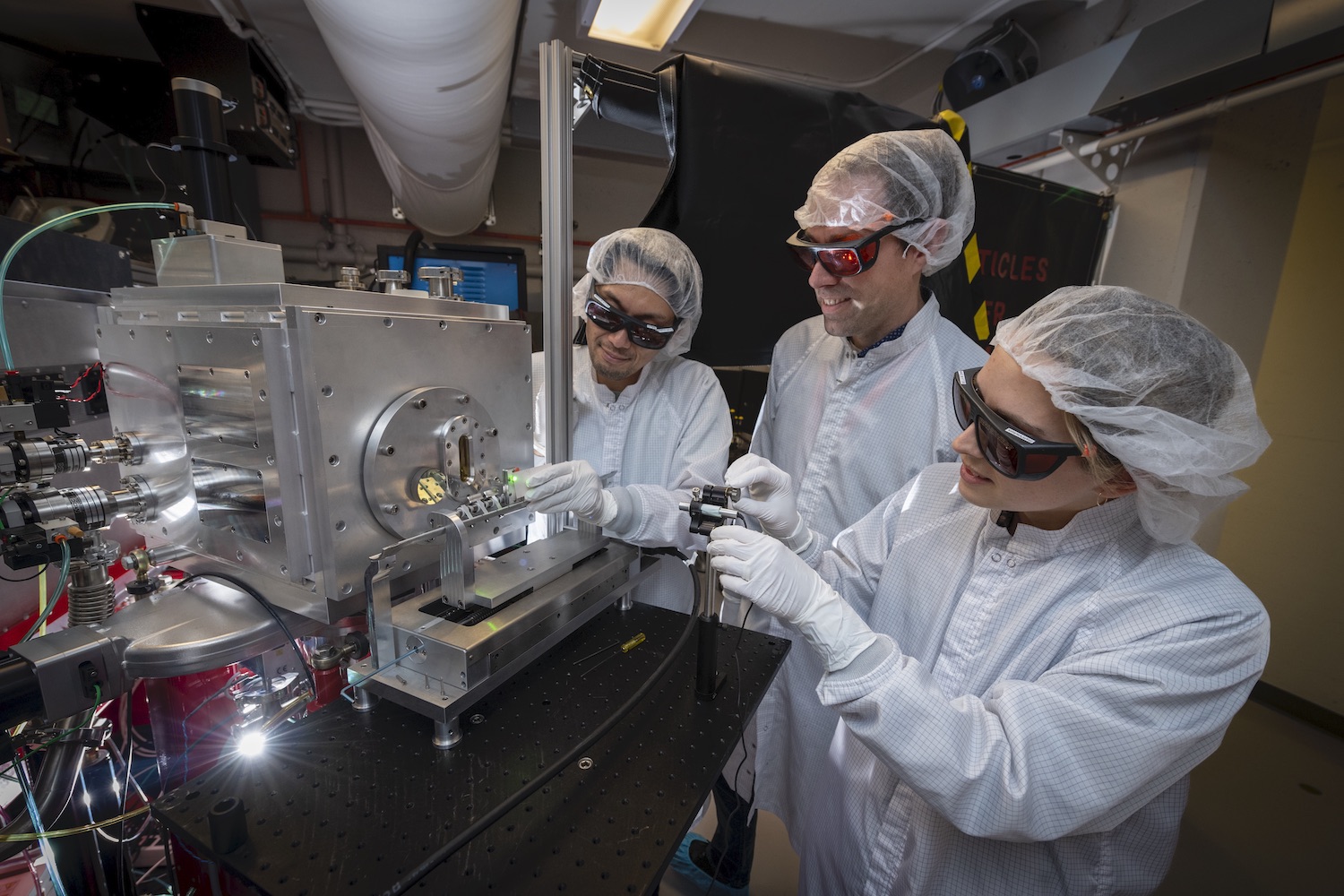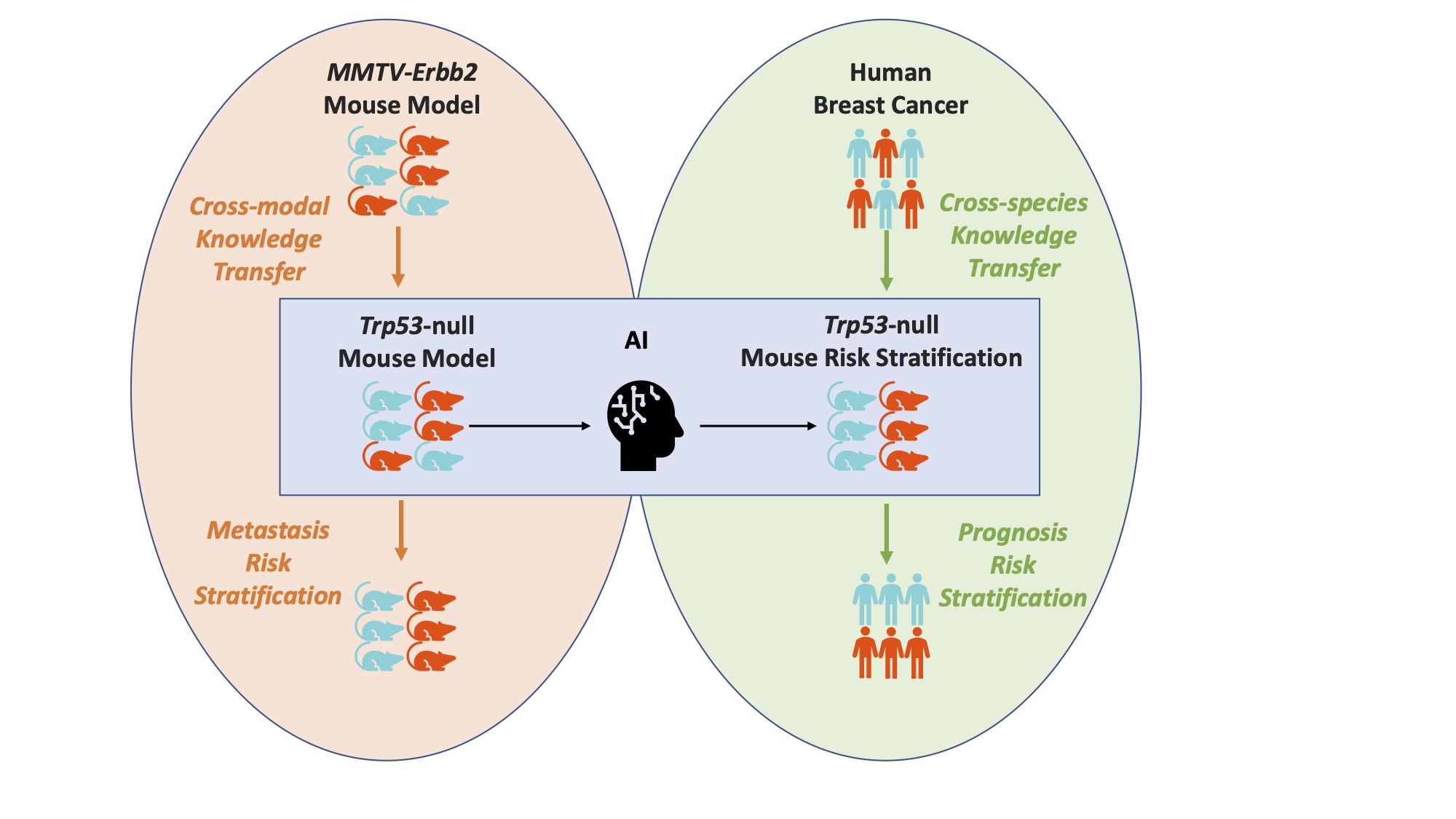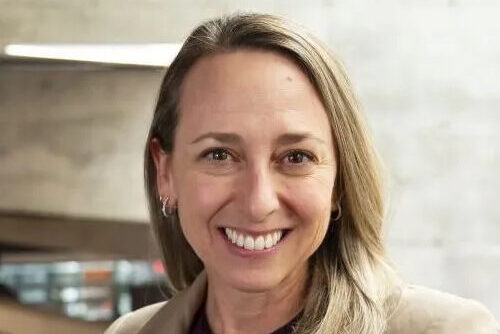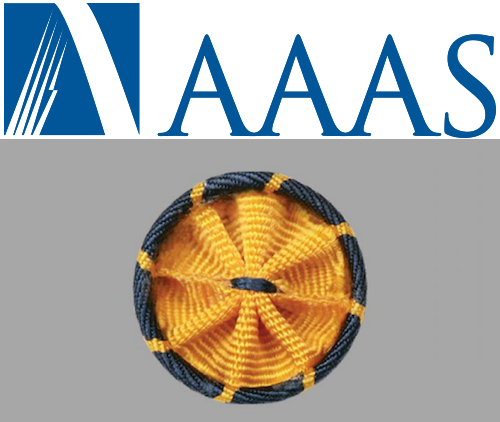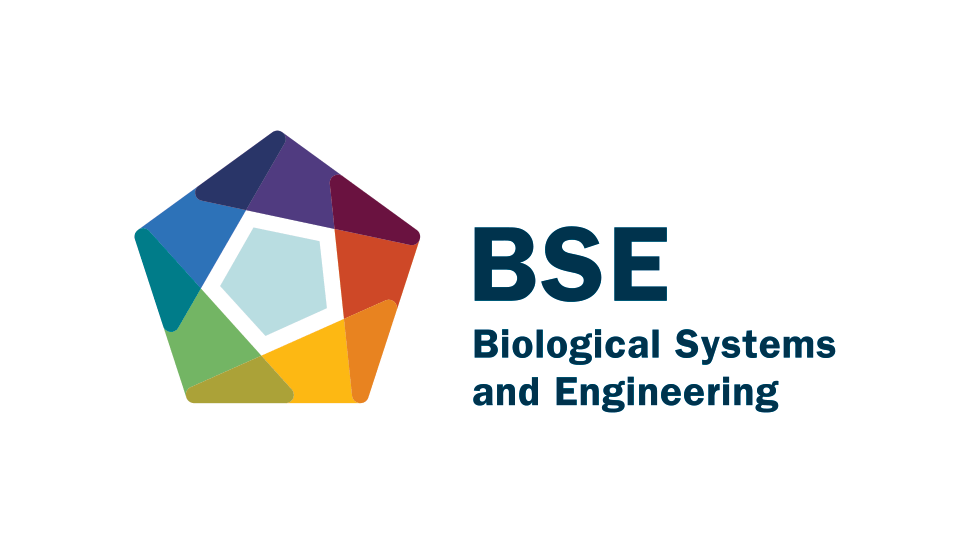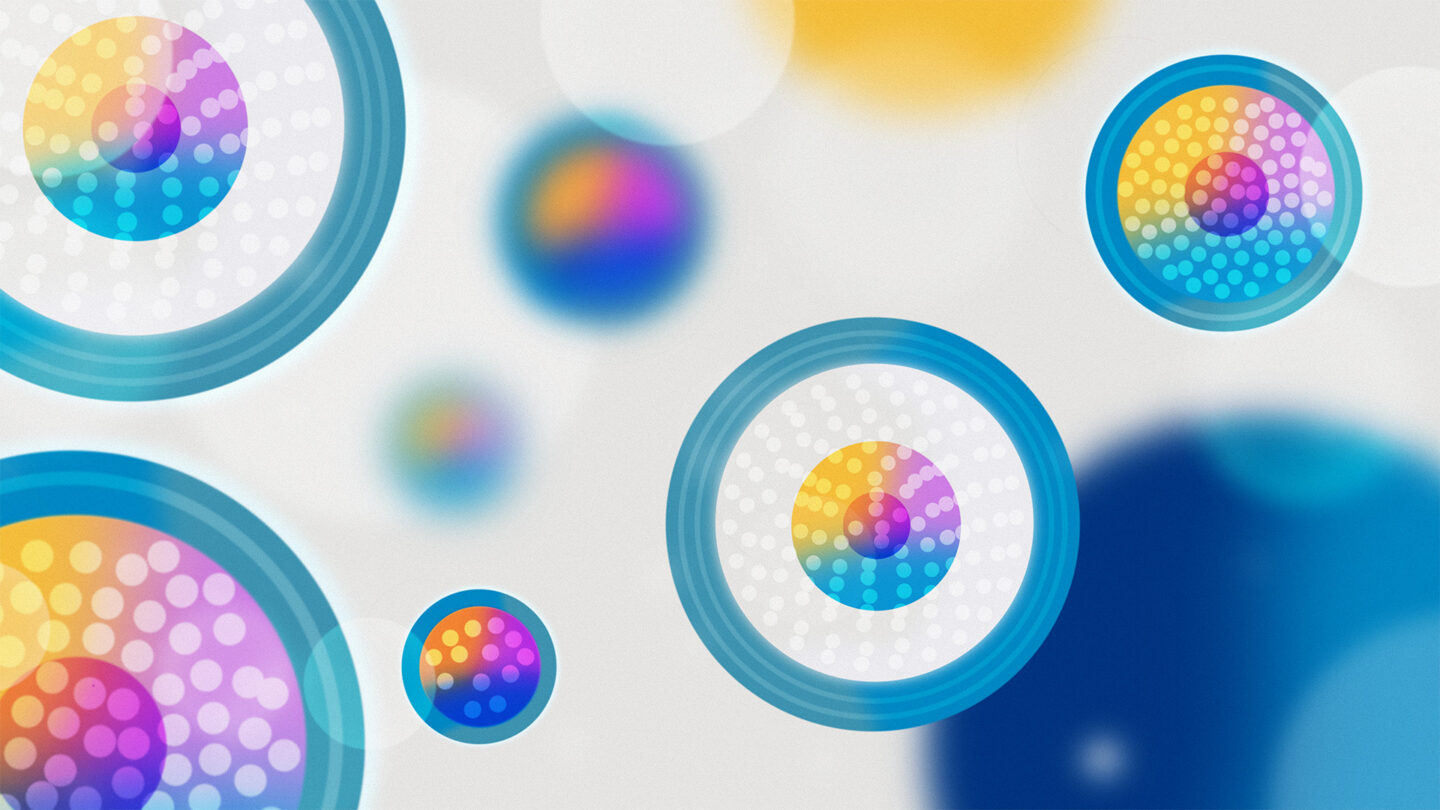
some more text
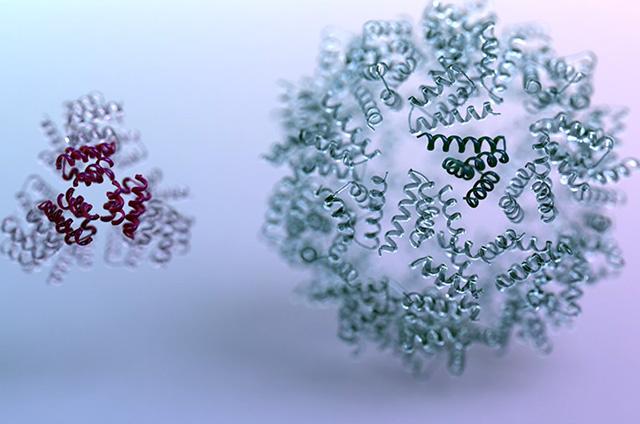
some more text
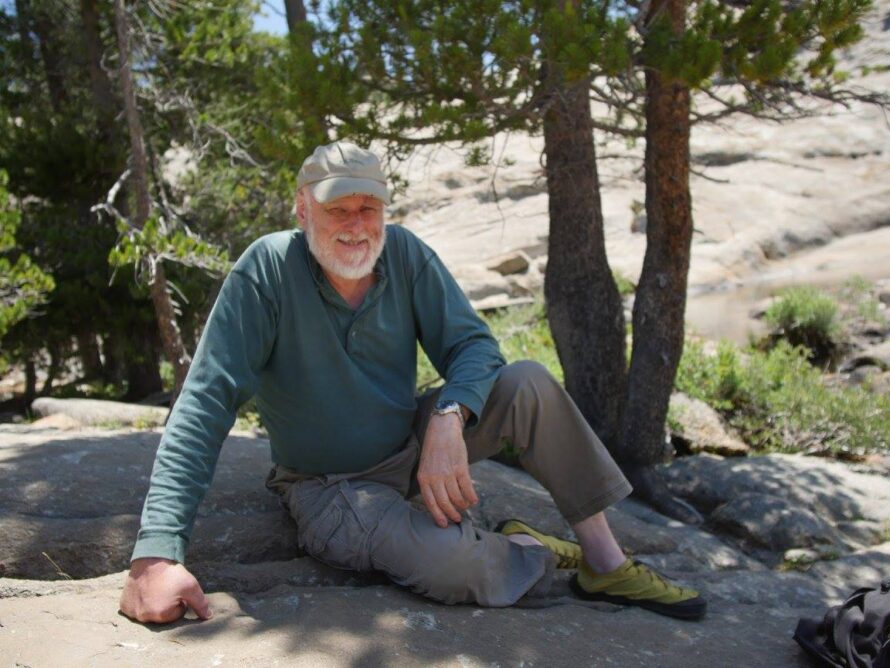
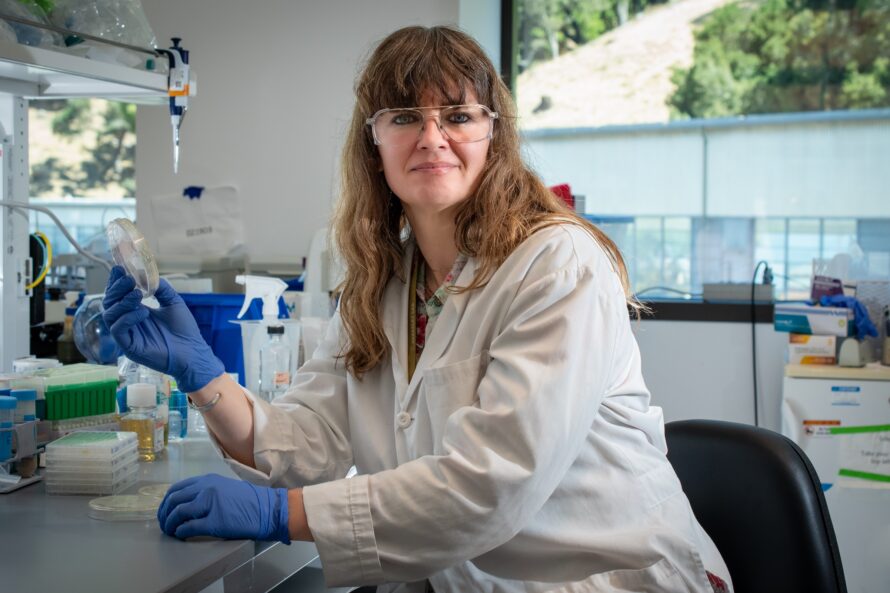
-
Microbes to the Rescue
A team of researchers from the Biosciences Area at Berkeley Lab and the University of Birmingham in the United Kingdom found one particular organism in the fly’s microbiome that helps protect it from atrazine, an herbicide toxic to flies that is commonly used in agriculture.
Read the article -
A Laser-powered Upgrade to Cancer Treatment
Researchers in the Biological Systems and Engineering (BSE) Division are collaborating with colleagues at the Berkeley Lab Laser Accelerator (BELLA) Center to adapt the nascent technology of laser-driven ion accelerators to make a more effective type of radiation more readily available to patients. The mutually beneficial partnership gives BELLA scientists a real-world application around which to refine their experimental laser platform, and gives the biologists a chance to test how living tissue responds to laser-driven proton beams at FLASH dose rates.
Read the article -
Transferring Discoveries from Mouse Model to Humans
Biosciences Area researchers developed a framework that enables the transfer of discoveries derived from mouse models to humans. This success will allow breast cancer researchers to better predict how tumors might behave.
Read the article -
Chan Zuckerberg Biohub Network Names Herr CTO
The Chan Zuckerberg Biohub Network has tapped Amy Herr, faculty engineer in the Biological and Systems Engineering Division, to serve as Chief Technology Officer. She is charged with advancing technologies to observe, measure, and analyze human biology in action.
Read the article -
Two from Biosciences Area Named AAAS Fellows
The American Association for the Advancement of Science (AAAS) has announced that 564 of its members—among them four scientists at Berkeley Lab—have been elected Fellows as part of the 2021 class. The two newly named Fellows from the Biosciences Area are: Eva Nogales, a senior faculty scientist in the Molecular Biophysics and Integrated Bioimaging (MBIB) Division, and Scott Baker an affiliate with the Joint BioEnergy Institute (JBEI).
Read the article

